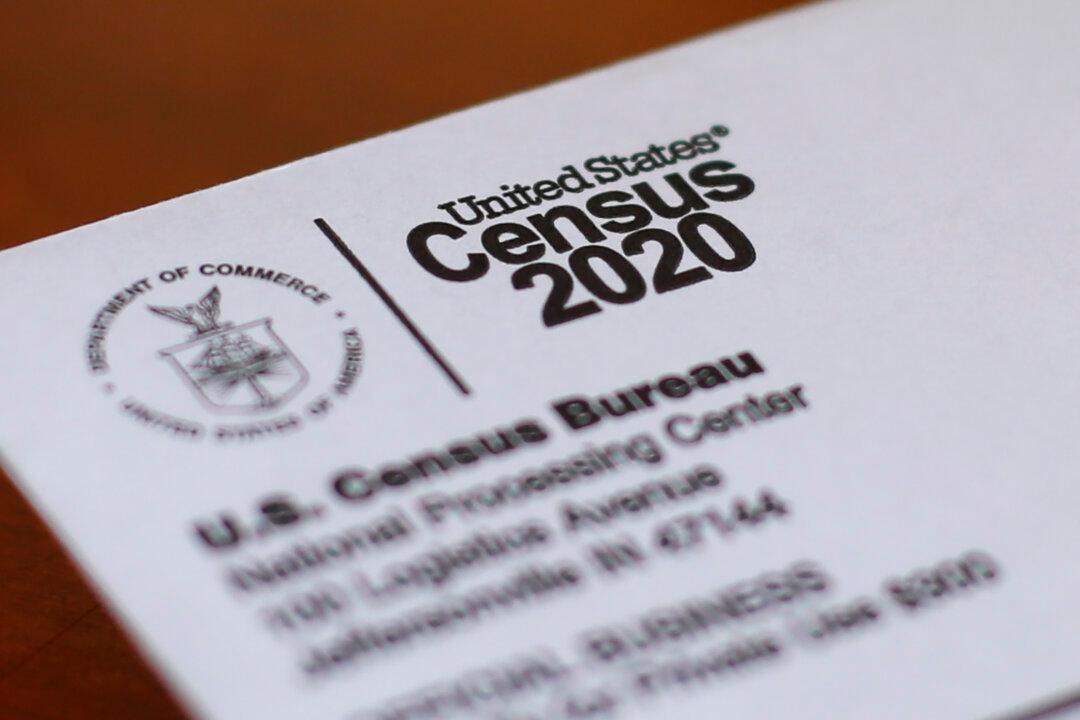The House of Representatives voted on May 8 to pass a measure that would add a citizenship question to the next U.S. census, as part of the latest efforts by conservatives to “protect America’s democracy and electoral integrity.”
The legislation, known as the “Equal Representation Act,” was led by Rep. Chuck Edwards, (R-N.C.), who spoke on the floor on May 8 regarding the need to ensure that only American citizens are counted when apportioning congressional seats and Electoral College votes.




